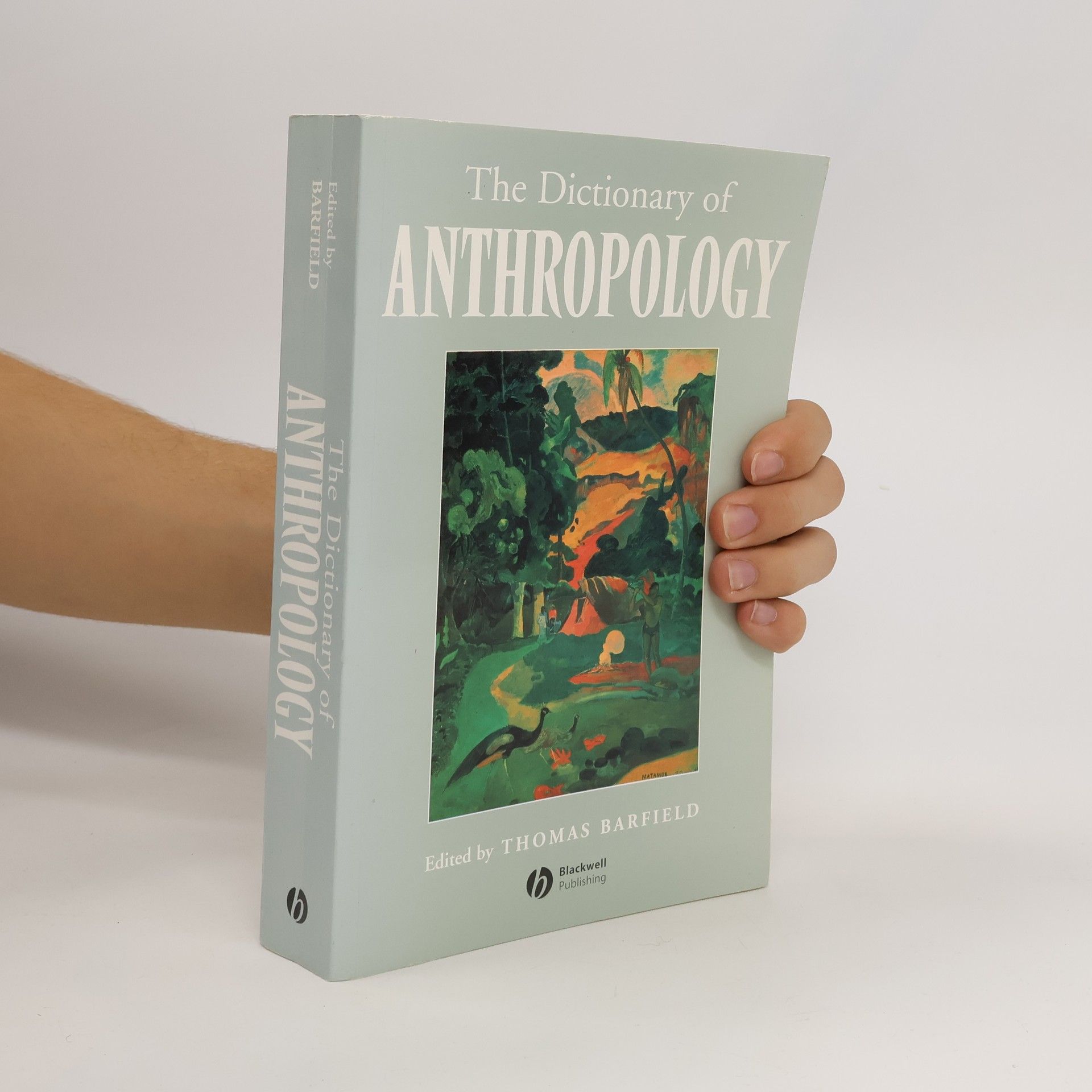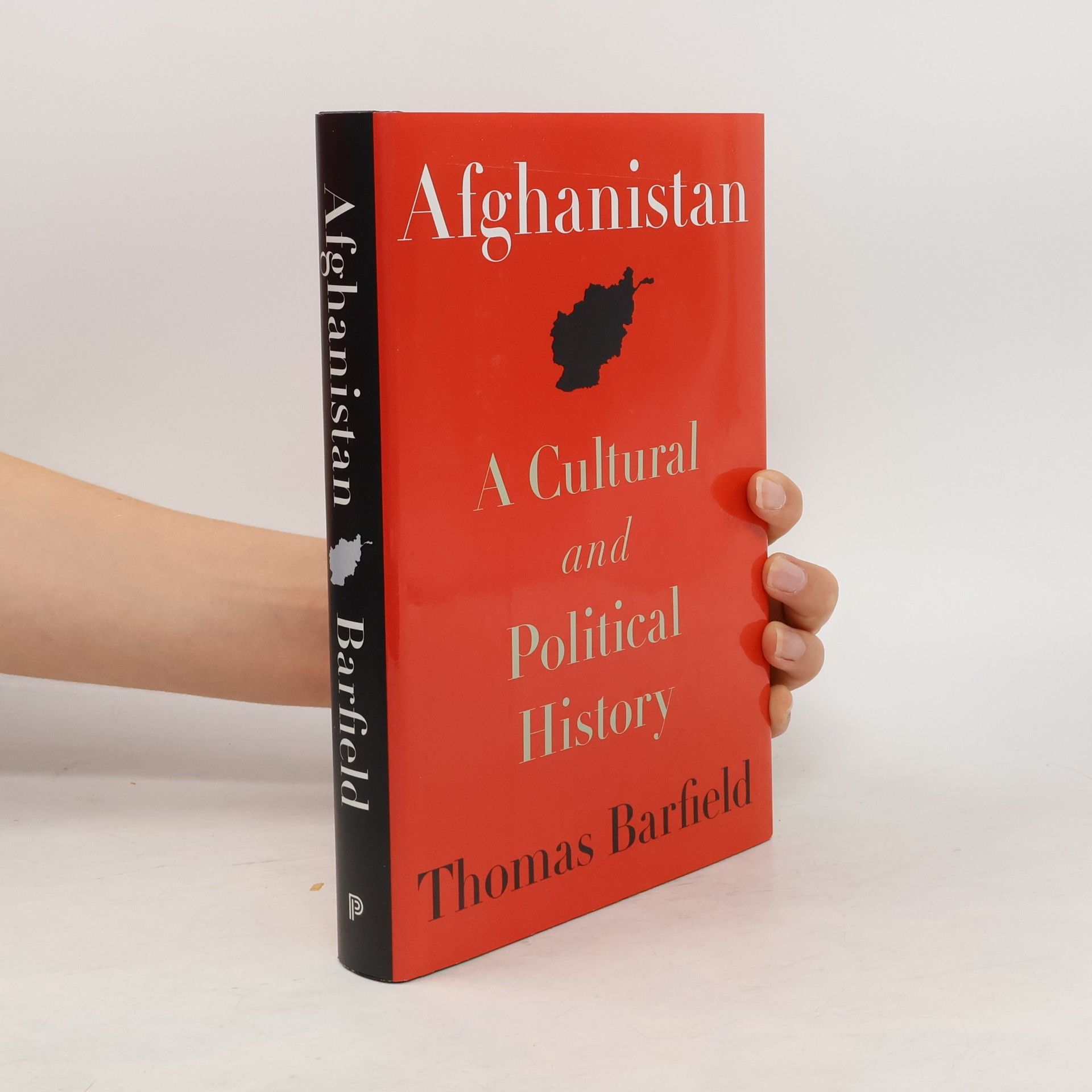This work explores the historic struggles and evolving political authority in a volatile region, from the Mughal Empire in the sixteenth century to the Taliban resurgence today. The author highlights the diverse tribal and ethnic groups in Afghanistan, illustrating what unites them as Afghans despite their regional, cultural, and political differences. He explains that governing these peoples was manageable when power resided in a small dynastic elite, but this fragile order collapsed in the nineteenth and twentieth centuries as rulers mobilized rural militias to expel the British and later the Soviets. While armed insurgency effectively resisted foreign occupiers, it simultaneously weakened the Afghan government's authority, complicating governance over time. The narrative details how armed factions led the country into civil war, resulting in Taliban rule and Afghanistan's global isolation. The author analyzes the swift American invasion post-September 11 that toppled the Taliban, cautioning that this quick victory misled the U.S. into believing a stable state could be easily established. This examination sheds light on how Afghanistan, long dominated by foreign powers, became known as the "graveyard of empires," and offers insights into what the U.S. must do to avoid a similar outcome.
Thomas Barfield Livres
1 janvier 1950



Designed to become the standard reference guide to the discipline of social and cultural anthropology, this dictionary consists of substantial analytical articles focusing on key anthropological concepts, theories and methodologies. It draws on contributions from some 120 distinguished American and British anthropologists.